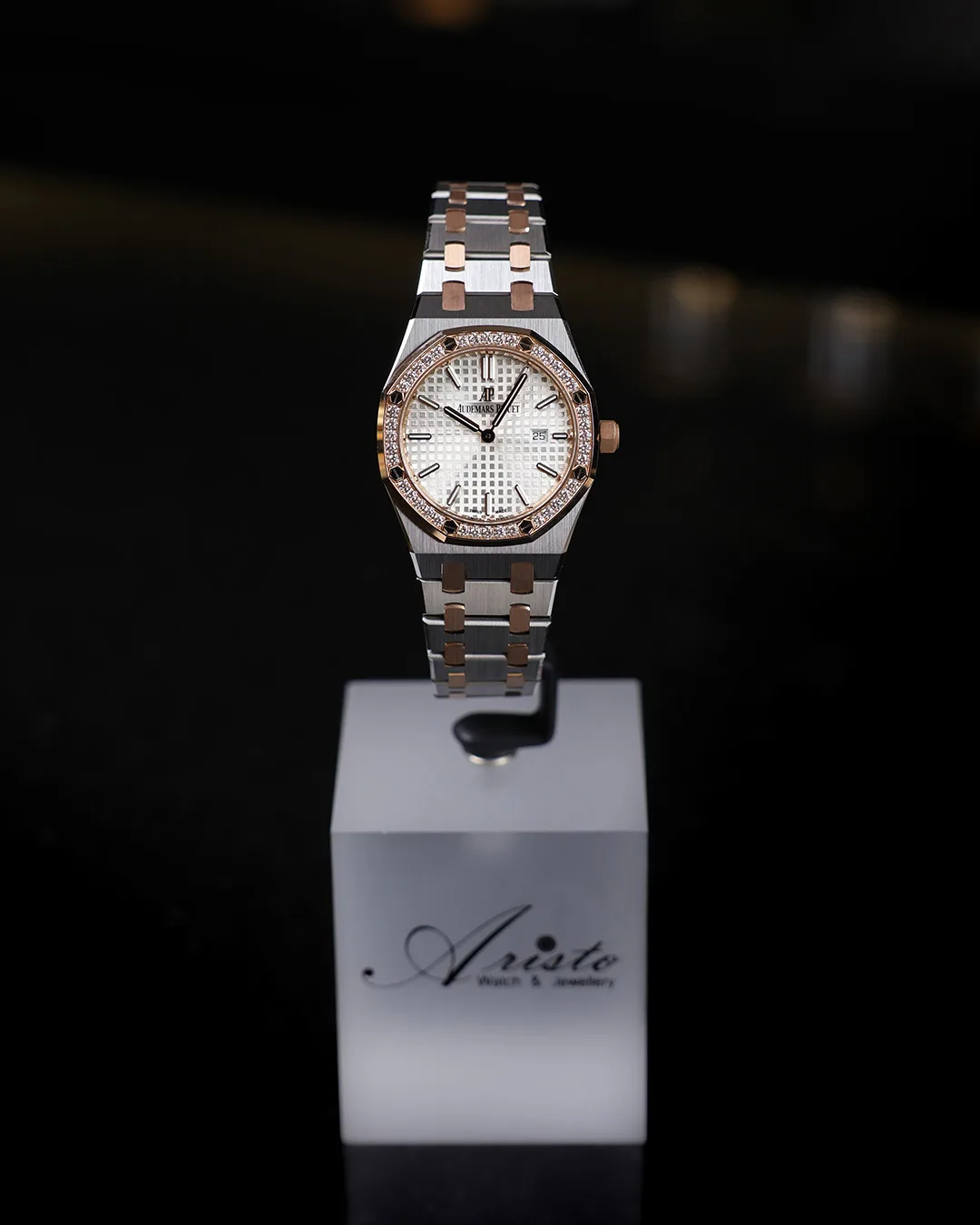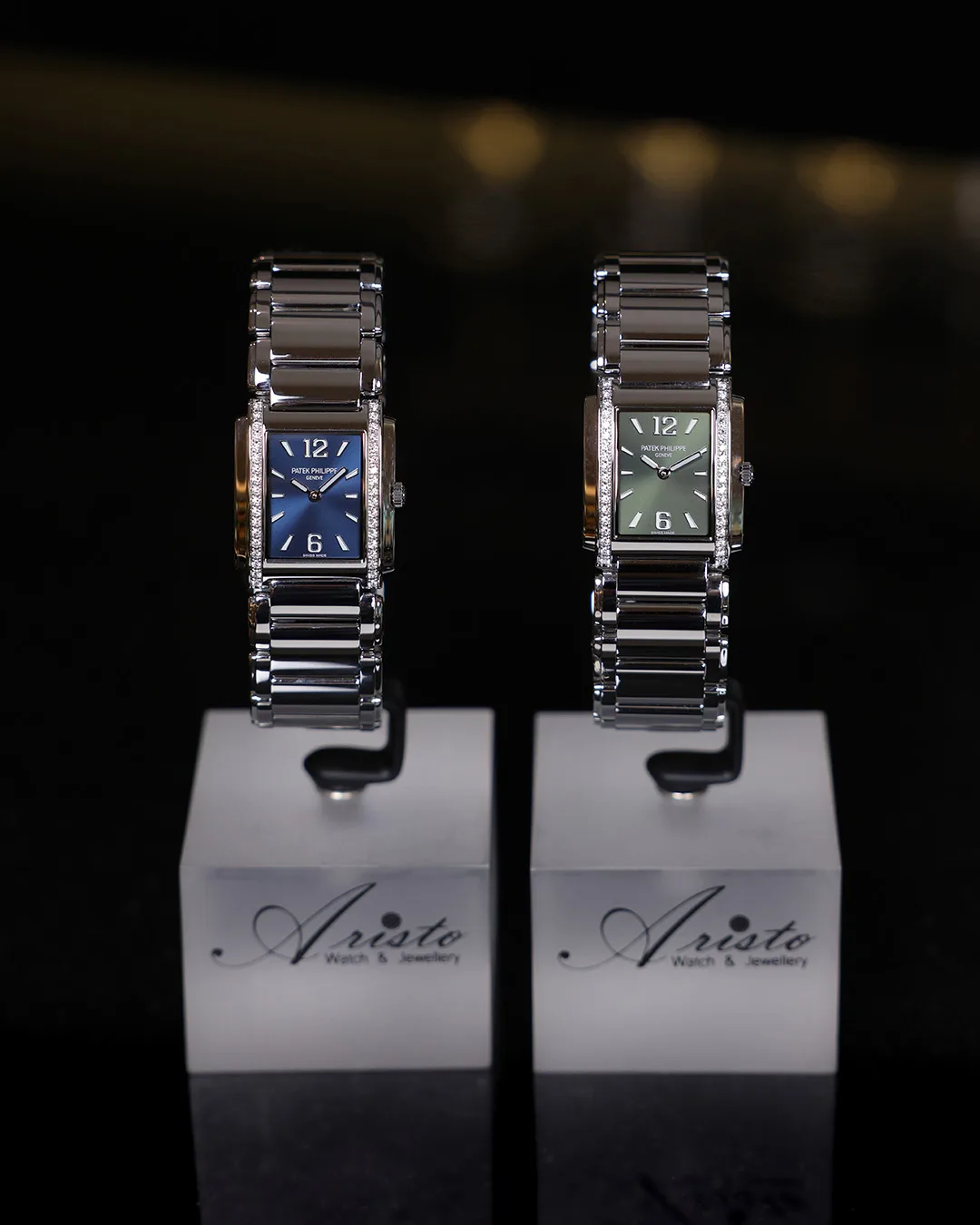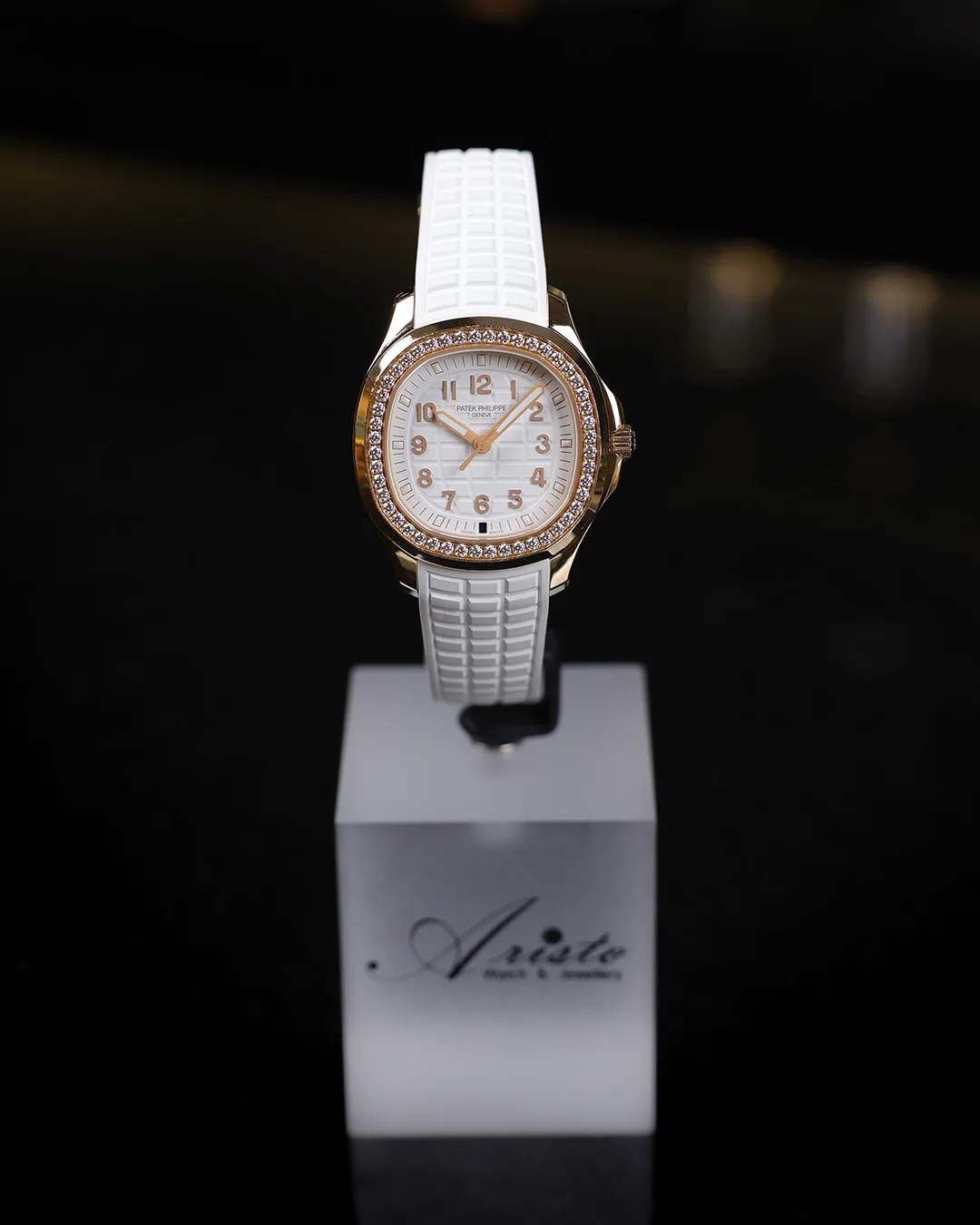“Why quartz watches are bad”
“Why are quartz watches cheap”
Search terms like that dominate online discussions.
But are quartz watches genuinely synonymous with “low-cost” and “low-tech”? In reality, quartz watches once took the world by storm, dethroning mechanical watches and even driving many high-end designs. Today, let’s explore the disruptive legacy of quartz watches!
The Era Before Quartz Watches
In the 1960s, mechanical watches dominated the market, but their timekeeping inaccuracy and high maintenance costs were persistent issues. The Swiss watch industry recognized this and began developing quartz technology for greater precision and simplicity. However, while Swiss brands were still perfecting their movements, Japan’s Seiko beat them to the punch with the world’s first quartz watch!
Seiko Quartz Astron (1969)
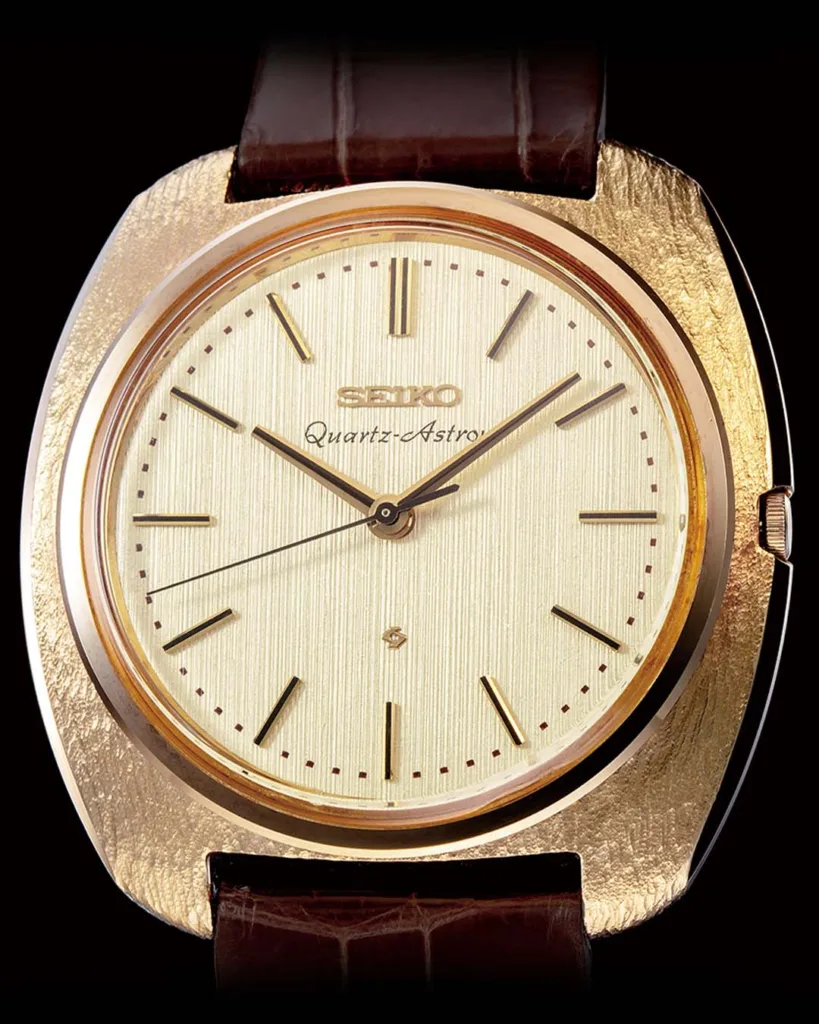
Seiko’s Quartz Astron debuted in 1969, offering superior accuracy and lower maintenance costs than mechanical watches. It became an instant global sensation and a national treasure of Japanese horology. Seiko doubled down on quartz, mass-producing affordable watches and capturing the mid-to-low-tier market. Their bold claim? “All watches will eventually use quartz movements.”
Seeing quartz’s potential, Swiss brands jumped into the fray, competing on technology, design, and price. By the 1970s, quartz watches were everywhere.
Quartz technology advanced so rapidly that it nearly wiped out mechanical watches. According to WatchTime, Switzerland’s watchmaking workforce plummeted from 90,000 to 28,000 during this 13-year “Quartz Revolution.” Many mechanical brands faced extinction, dubbing this period the “Quartz Crisis.”
The Quartz Crisis
The crisis reshaped the industry, creating openings for new strategies. Swatch Group emerged as a winner, selling plastic quartz watches with Swiss branding at high margins. Their success (2.5 million sold in two years) marked Switzerland’s counterattack. Meanwhile, brands like Rolex and Patek Philippe retreated into the luxury segment to avoid the quartz storm.

The "Cheap" Stigma
As the market diversified, consumers grew wary of mass-produced quartz watches. Mechanical watches rebranded as “status symbols” and “refined tastes,” leaving quartz with labels like “generic” and “low-quality.” Iconic models like Audemars Piguet’s Royal Oak and Patek Philippe’s Nautilus debuted during this era, cementing mechanical watches’ prestige.
Modern quartz technology has evolved far beyond its “cheap” reputation. Brands now leverage quartz for precision, durability, and avant-garde designs. Freed from “mechanical” constraints, quartz offers limitless creativity:
FP Journe
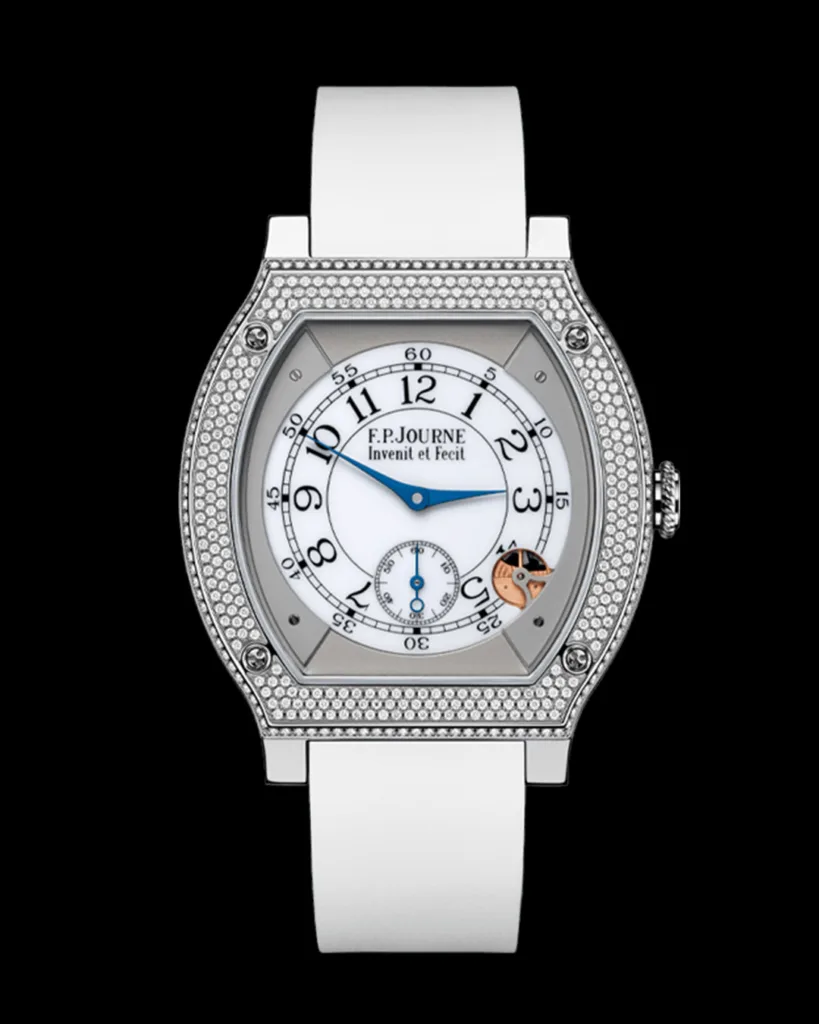
FP Journe Élégante: A high-complication quartz watch with 8–18 years of power reserve that pauses and restarts intelligently.
Cartier
Audemars Piguet
Audemars Piguet stands out among elite Swiss brands for its rare quartz offerings. While its core clientele favors mechanical complications, select Royal Oak models feature quartz movements—often in gem-set precious metals with slimmer profiles, appealing to female collectors or those preferring understated luxury.
Patek Philippe
Patek Philippe: Quartz pieces like Twenty~4 and Aquanaut 5269 target the women’s market.
The quartz revolution reshaped watchmaking, clarifying brand identities and giving wearers more choices. Interested in modern quartz watches? Visit ARISTO to explore!


